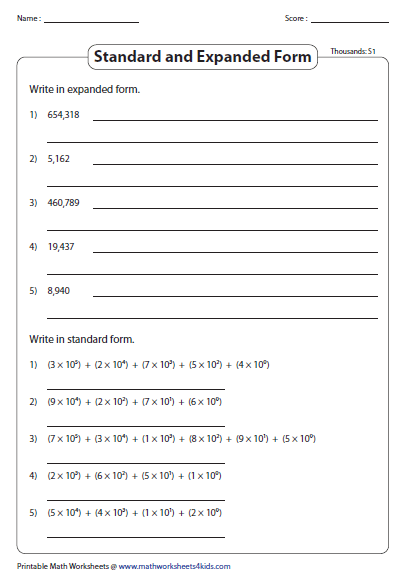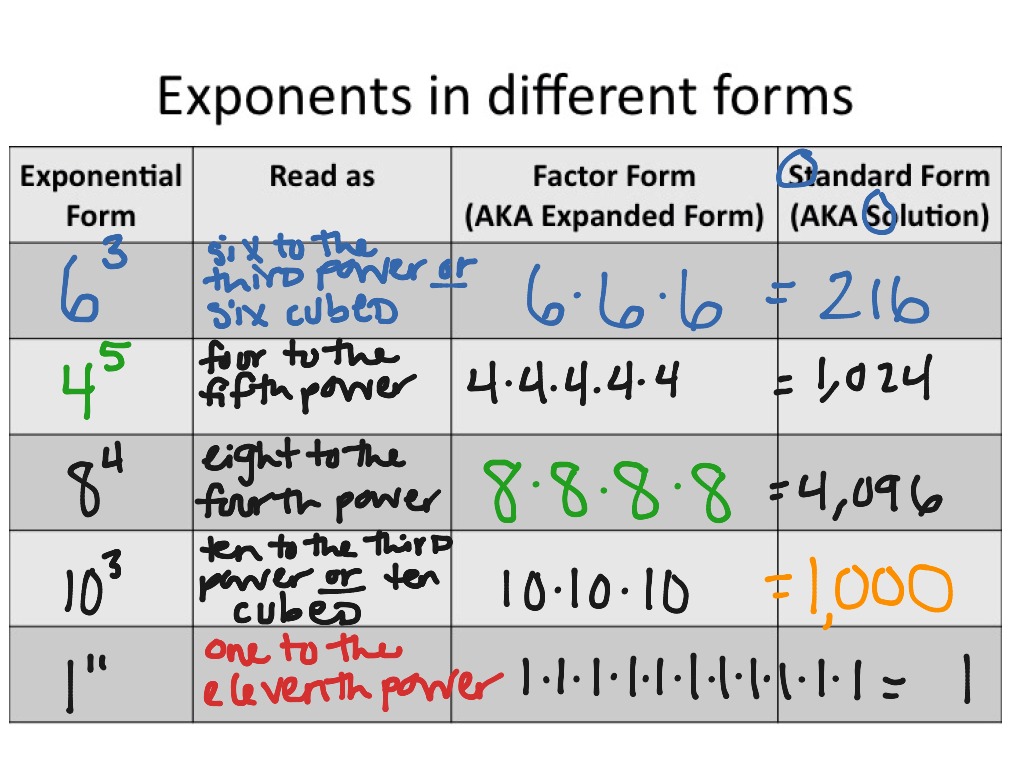



There is the ending -s (-es) for the third person singular present indicative, with the same three variants of pronunciation noted above for nouns, the ending -d (-ed) for the past tense of certain verbs (with three variants of pronunciation, again), the ending -d (ed) for the second participle of certain verbs, the ending -n (-en) for the second participle of certain other verbs, and the ending -ing for the first participle and also for the gerund. 1įor adjectives, there are the endings -er and -est for the degrees of comparison.įor verbs, the number of morphemes used to derive their forms is only slightly greater. There is the ending -'s, with the same three variants of pronunciation as for the plural ending, used to form what is generally termed the genitive case of nouns. There is the ending -s (-es), with three variants of pronunciation, used to form the plural of almost all nouns, and the endings -en and -ren, used for the same purpose in one or two words each, viz. They may be enumerated in a very short space. The number of morphemes used for deriving word-forms in Modern English is very small (much smaller than either in German or in Russian, for instance). Besides, there are a few special cases of different forms of a word being derived from altogether different stems. These fall under two main headings, (a) those limited to changes in the body of the word, without having recourse to auxiliary words (synthetic types), (b) those implying the use of auxiliary words (analytical types).


 0 kommentar(er)
0 kommentar(er)
